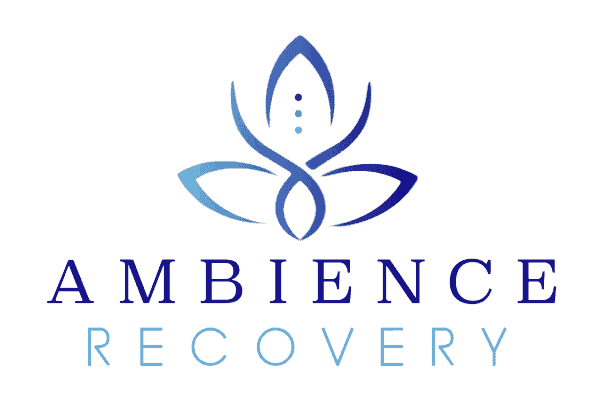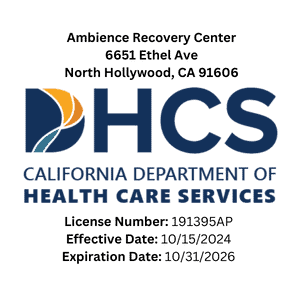Key Takeaways
- An addiction intervention is a planned effort to encourage someone to seek treatment.
- Proper preparation and teamwork increase the chances of success.
- Involving a professional interventionist can make the process more effective and supportive.
Introduction to How to Conduct an Intervention for a Loved One
Addiction affects not only the individual struggling but also their family and friends. Watching a loved one suffer can be painful, especially when they refuse to seek help.
An addiction intervention can be a turning point. This carefully planned meeting allows concerned individuals to express their love, address the issue, and guide their loved ones toward treatment.
This article will explain how to stage a successful intervention and why professional help can make a difference.
Understanding Addiction Interventions
What is an Intervention?
An intervention is a structured gathering where loved ones encourage someone struggling with addiction to accept help. It’s not about blaming or shaming but offering support and solutions.
Why Are Interventions Important?
Addiction often blinds individuals to the harm they cause themselves and others. An intervention creates a space to confront these issues with compassion. It also helps the individual see how their actions impact those around them.
Signs It’s Time to Stage an Intervention For Substance Abuse
If you notice these signs, it may be time for an intervention:
- Behavioral Changes: Isolating from loved ones, mood swings, or erratic actions.
- Financial Issues: Unexplained spending or borrowing money frequently.
- Health Concerns: Noticeable physical decline or substance-related medical issues.
- Refusal to Seek Help: Denial of their addiction despite apparent struggles.
Recognizing these signs is crucial to intervene before the situation worsens.
Steps to Plan and Stage a Successful Intervention
1. Build Your Team For The Intervention Process
Select people who genuinely care about your loved one. This may include family, friends, and a professional interventionist. Ensure everyone is committed to the process and willing to speak honestly but respectfully.
2. Research the Drug Abuse Addiction and Treatment Options
Understanding the substance being abused is essential. Research treatment programs tailored to your loved one’s needs, such as inpatient care or outpatient therapy.
3. Develop a Clear Plan For The Drug and Alcohol Intervention
Decide on a location and time when your loved one will feel safe and comfortable. Assign roles to each participant, ensuring they know what to say and do.
4. Write Impact Statements Of Drug and Alcohol Addiction
Each participant should prepare a personal statement describing how the addiction has affected them. Use “I” statements to express love and concern, such as:
- “I worry about your health when you don’t come home for days.”
- “It hurts to see you struggle, and I want to help you get better.”
5. Anticipate Reactions to Prepare for The Intervention
Prepare for potential responses like anger, denial, or tears. Remain calm and focused on the goal: encouraging treatment.
6. Present Treatment Options to Overcome Addiction
Offer a specific treatment plan, including the facility’s name, program details, and how it will benefit them. The more prepared you are, the easier it is for them to accept help.
The Role of a Professional Interventionist
What Does an Interventionist Do?
A professional interventionist acts as a neutral mediator. They guide the discussion, manage emotions, and ensure the intervention stays productive.
When Should You Hire Professional Help?
Consider hiring a professional if the addiction involves violence, severe mental health issues, or if past efforts to address the issue have failed.
Benefits of a Professional Intervention
- Improved communication between participants.
- Reduced tension and emotional outbursts.
- There is a higher likelihood of the individual agreeing to treatment.
Post-Intervention: Next Steps
If a Loved One Accepts Help
If your loved one agrees to treatment, act quickly. Help them pack, arrange transportation, and support them as they recover.
If a Loved One Refuses Help
Sometimes, interventions don’t go as planned. If your loved one refuses treatment, remain supportive but firm. Set boundaries to avoid enabling their addiction and consider follow-up interventions.
Supporting Long-Term Recovery
- Encourage ongoing participation in therapy and support groups.
- Celebrate milestones in their recovery journey.
- Stay patient and understanding, as recovery is a process.
Conclusion
Staging an addiction intervention can be challenging, but it’s a crucial step in helping a loved one recover. By preparing thoroughly, working as a team, and offering unwavering support, you can make a difference in their life.
Remember, you don’t have to navigate this alone. Professional help is available to guide you and your loved one toward healing.
If you or someone you know is struggling with addiction, call Ambience Recovery at 866-721-7470. Our compassionate team is here to help you take the first step toward recovery.
FAQs About Conducting The Intervention for Helping a Loved One
What is the Goal of an Addiction Intervention?
The goal is to encourage a loved one to acknowledge their addiction and agree to seek treatment.
When Should You Stage an Intervention?
An intervention is needed when addiction leads to harmful behaviors, health issues, or refusal to seek help.
Who Should Be Involved in an Intervention?
Family, close friends, and sometimes a professional interventionist.
What if the Person Refuses Help?
Set boundaries, remain supportive, and consider a follow-up intervention.
How Can a Professional Interventionist Help?
They provide structure, reduce tension, and increase the likelihood of a successful outcome.
Resources
https://www.webmd.com/mental-health/addiction/intervention-substance-misuse
https://www.medicalnewstoday.com/articles/drug-intervention
Katie is a Licensed Clinical Social Worker who has worked as a primary therapist, supervisor, and now clinical director for SUD/MH treatment centers for the past 12 years. Katie is trained in Brainspotting, EMDR, Internal Family Systems and Dialectical Behavior Therapy and is passionate about treating substance use disorders, trauma and grief.






